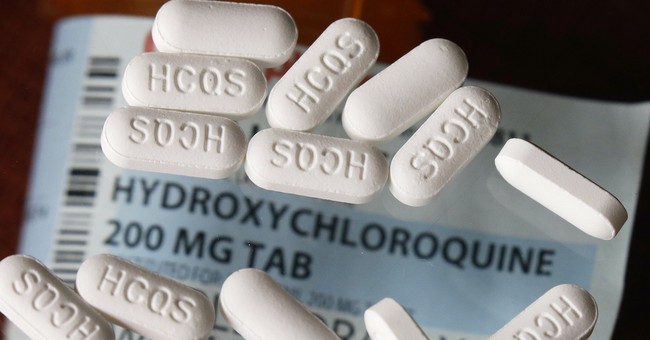
It may seem as though the debate over hydroxychloroquine (HCQ) and its effectiveness as a treatment for COVID is over, but a new report from The Economic Standard argues that it shouldn’t be — and suggests that, if it is, it’s because the media and medical professionals interested in politicizing the treatment rather than helping sick people recover have done a bang-up, and ethically questionable, job of demonizing a treatment used safely the world over.
Given that rumblings have started indicating there will almost certainly be opposition to any vaccine the Trump administration promotes, the report is extremely important in the search to alleviate suffering and death from the disease going forward.
The 30 page report, entitled, “HYDROXYCHLOROQUINE AND THE BURDEN OF PROOF: An Urgent Call to Depoliticize Medicine in the COVID-19 Pandemic,” is a fascinating look at the history of the drug, how it’s currently being used to treat COVID around the world, how the U.S. media distorted information about the safety and efficacy of the drug, and how HQC should be revisited as a treatment for those with early-onset symptoms of COVID.
Peter Navarro, the Trump administration’s adviser on trade and manufacturing policy, promoted the report on twitter Tuesday, saying that it proves media outlets that downplayed the effectiveness of HCQ have blood on their hands.
More blood on hands of @CNN @msnbc. @econstandard concludes hydroxychloroquine safe versatile medicine that has treated hundreds of millions over seven decades…HCQ should be more widely recommended, prescribed and promoted to treat China Virus https://t.co/jzHjXnHFmo
— Peter Navarro (@RealPNavarro) September 22, 2020
A read of the report, which was produced “in close collaboration with practicing physicians and infectious disease specialists from
across the United States and around the world” lends credence to that claim.
The drug was adopted for use to treat COVID in Asia, the report claims, in January 2020 “without fanfare.” But when Trump mentioned it in March following the local outbreak that was just beginning in New York, “within days…the narratives that would shape media coverage emerged centering on alleged dangers for patients and lack of efficacy against the novel coronavirus. These narratives were constructed almost entirely in contradiction to facts. They ignored both the drug’s long history of safety and its already widespread use in Asia and Europe as a treatment for COVID-19.”
Indeed, the world adopted HQC even as the American news media began their narrative about potential risks (which the report states were always minimal with proper use) and randomized vs observational trials (the latter being a perfectly acceptable way to test the safety and efficacy of a drug).
South Korea’s adoption of HCQ35 was soon emulated by other national and regional health authorities. The drug was quickly authorized to treat COVID-19 in France,36 Spain,37 Italy,38 and Turkey.39 Malaysia began using chloroquine against COVID-19 during the first wave of the disease there in January and February.40 Bahrain began using it on February 26, and Poland approved a chloroquine-based drug for COVID-19 on March 13. HCQ was also authorized to treat COVID-19 or incorporated into standard of care in Russia, Iran, Egypt, Pakistan, India, and the Philippines, among many others.41
In many of these places doctors prescribed HCQ on an outpatient basis,42 as well as prophylactically, to prevent infection among healthcare workers and vulnerable populations. American health regulators have discouraged both of these uses. Indian health authorities claimed to have prevented COVID-19 infection among healthcare workers with mass prophylaxis,43 and South Korean doctors reported success with HCQ prophylaxis among nursing home patients who had been exposed to COVID-19.44
The report gives a nifty science lesson on what the drug is and how it works to combat the virus (as well as every other malady it’s used to treat), and discusses in detail the history of observational drug trials vs clinical trials, something the media insisted was the difference-maker (spoiler: it’s not).
It also details the problematic controlled clinical trials and journalist malfeasance related to reporting on the observational trials of the drug, all while people suffered and died from COVID over the long pandemic summer.
The report ends with this:
By systematically misrepresenting HCQ’s efficacy and safety for political ends, its opponents have deprived many tens of thousands of Americans of a potentially life-saving treatment and risk even more in the months and years to come. Members of the news media, public health community, and regulatory agencies must stop politicizing the use of this medicine. Properly powered RCTs can and should be conducted to confirm HCQ’s efficacy against COVID-19 and help us better understand both the drug and the disease. But there is sufficient credible, scientific data to demonstrate that HCQ has therapeutic value against COVID-19, and that the theoretical risk of harm absolutely does not compare to the very real threat of this disease left untreated. The burden of proof has been met. HCQ should be more widely recommended, prescribed and promoted to treat COVID-19 right now.
In short, there appears to be little reason to continue demonizing a drug for political reasons while the nation is desperately searching for an end to lockdowns, quarantines, masks, and fear of a disease that can be — and is being — treated.
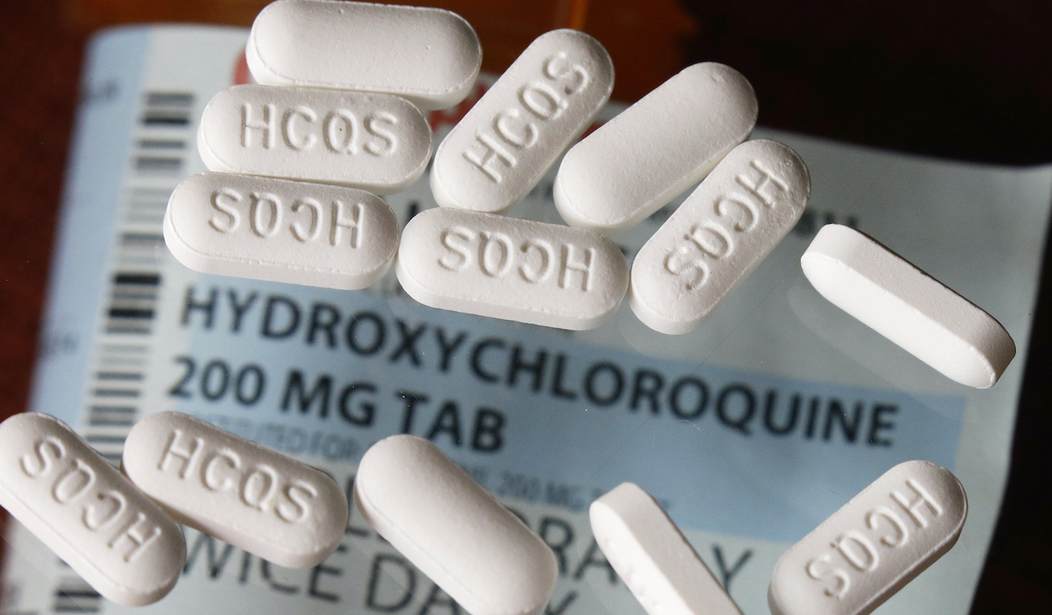


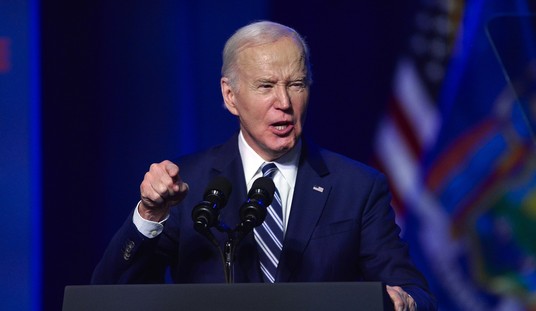


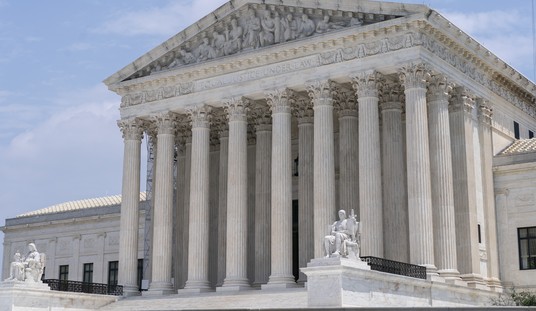



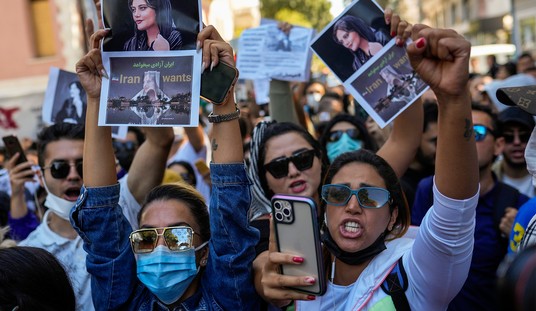

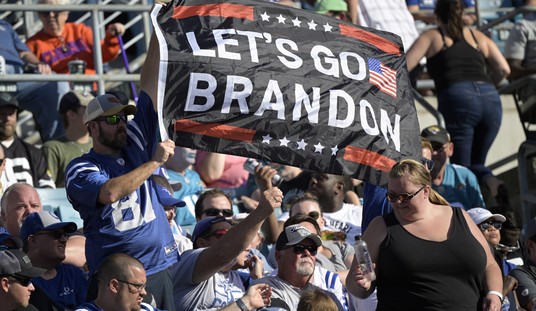
Join the conversation as a VIP Member